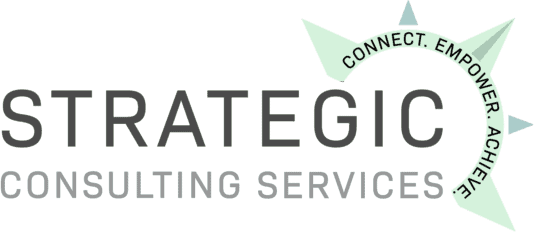While a small amount of stress allows us to challenge ourselves, too much pressure leads to negative effects – both mentally and physically.
When the focus is on fast-approaching deadlines, tension takes holds and negatively impacts productivity. Stress originates from large and competing workloads as well as from new and emerging technologies, the ever-changing economy, and the continuing influence of digitalization.
Reducing workday stress produces a calming and pacifying effect – one that leads to more positive results and an expanded workflow.
Increased Cortisol Production
As the level of stress climbs, so does the production of cortisol. This surge in the “stress” hormone can lead to unhealthy side effects. Cortisol, is what gives your body a “flight or fight” response when you are facing a danger or hazard.
How Cortisol Works in the Bloodstream
Normal levels of cortisol are released during the day, beginning, after you wake up in the morning. These levels regulate your blood sugar levels and blood pressure, and also strengthen your heart. Therefore, when released in small doses, cortisol heightens focus, improves your immune response, and reduces sensitivity to pain.
However, if you are moving at a fat paced, or are constantly dealing with high-stress activities, you’ll experience chronic stress and a spike in cortisol levels. When this happens, you may experience the following side effects:
- Tiredness
- Irritation
- Headaches
- Digestive disturbances
- Depression or anxiety
- Weight gain
- Increased blood pressure
- Insomnia
Anyone who has ever worked in an office knows how quickly stressors can arise and take over a workspace. Difficult coworkers, tight deadlines, and worries about personal obligations can suddenly create a crescendo effect. These factors are often unpredictable and unavoidable – but there are ways to reduce their impact on the workforce.
Reducing Stress in the Workplace
Stress in workplace settings can reduce employee productivity and lower employee retention rates. Therefore, it is important to address this response to workplace activities. Both employers and employees can play a part in making the working environment less stressful and worker-friendly.
How Employers Can Reduce Workplace Stress
An employer can minimize the impact of stress by doing the following:
- Increasing the natural light in the office or workplace setting
- Giving employees more breaks during the workday
- Quickly responding to workplace issues when they arise
- Sponsoring fitness or wellness programs
How Employees Can Lessen the Effects of Stress
By the same token, employees can reduce their level of stress by:
- Learning ways to relax and organize themselves more effectively
- Asking for help from their employer or other employees, when necessary
- Taking part in business-sponsored wellness and fitness programs
Staying positive, through self-talk and meditation, is always helpful when employees have workday responsibilities. By maintaining a positive mindset, an employee can stay focused and responsive to requests while using more logic when managing tasks.
To keep workplace stress lower, both the employer and employee must cultivate an environment that is balanced with respect to working and relaxing. The idea is to balance out the activities during the day so people can accomplish their work satisfactorily.
Final Thoughts about Stress in the Workplace
When it comes to stress, guidelines should be set in place that allow employers and employees to work at a more reasonable pace. To conquer stress, you need to place the reins in your own hands so you can meet your own goals or accommodate others. Doing so will bring out the best in others as well as yourself.
Contact the ADA Experts at Strategic Consulting
Our team is here to help with your disability accommodation issues, vocational rehabilitation needs, ergonomic evaluations, and other employee needs.
We have partnered and provided solutions to some of the largest companies in the world (such as Boeing, Microsoft, and Amazon). But, at our core, we are still “people taking care of people,” one project at a time. Our success is built upon and providing you the best solution to your workplace challenge. Contact us today by filling out a form (below), submitting a referral, or visiting our ‘Contact Us‘ page to find your nearest office.
Ric has been working in the industry since 2002, specializing in developing employer jobsite analysis and light duty programs, ergonomics consultations and adjustments, disability accommodations and providing effective return to work solutions. Ric is Matheson trained in Ergonomics and is a Certified Ergonomics Evaluation Specialist. He earned a Bachelor of Arts Degree in Psychology from Western Washington University and later his Master’s Degree, M.Ed., Education Counseling from Seattle Pacific University. Ric is currently a Registered Vocational Rehabilitation Counselor for the Department of Labor and Industries and has been a Certified Disability Manager Specialist since 2006.

